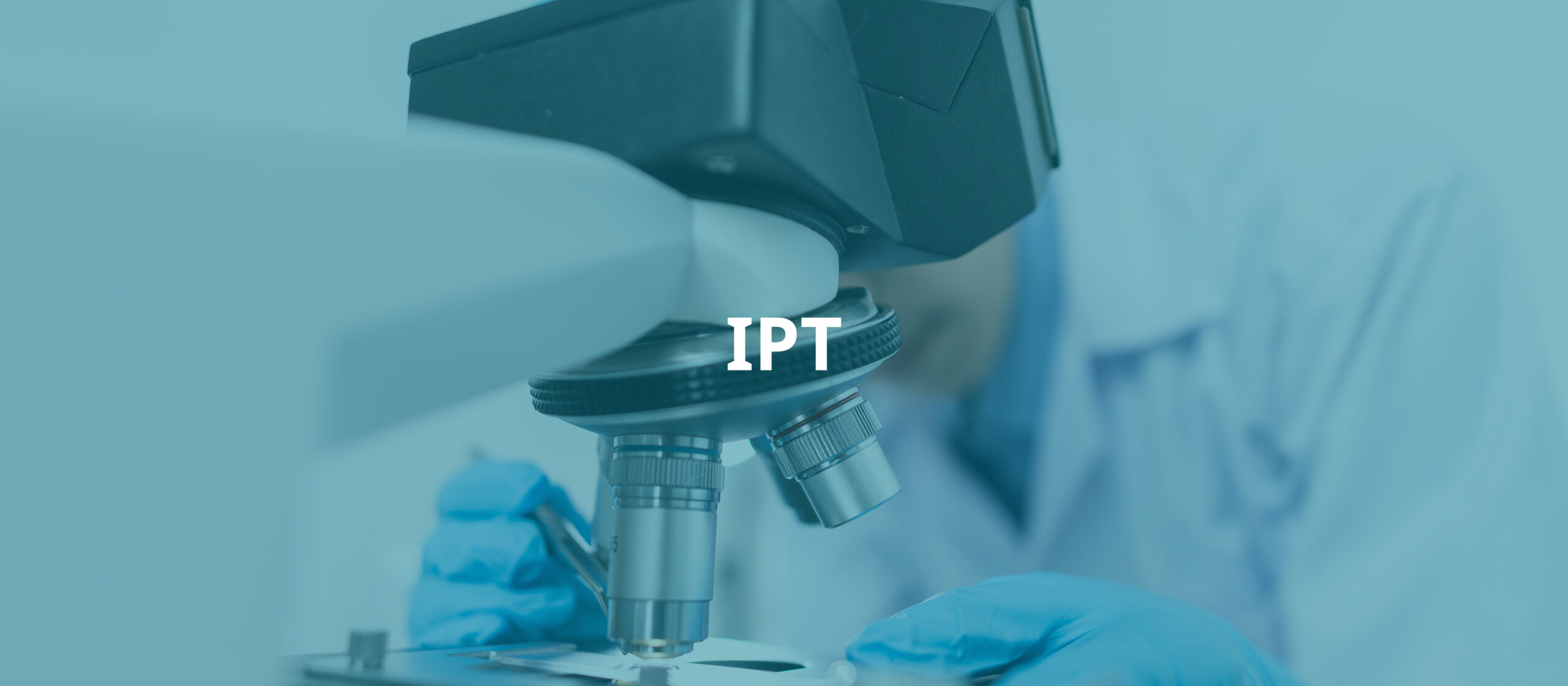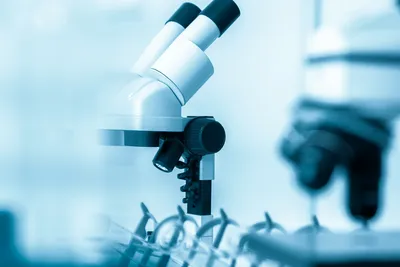Copyright Florida Integrative Medical Center 2024 © All rights Reserved



Insulin Potentiation Targeted Low Dose (IPTLD)
Insulin Potentiation Targeted Low Dose therapy (IPTLD) is a procedure for targeting chemotherapeutic drugs directly to cancer cells, making the drugs tougher on the disease and easier on the rest of the body.
Conventional chemotherapy tends to flood the body with drugs so enough will enter the cancer cells to kill them. Each of our trillions of cells has a membrane, an outer skin, that protects it from toxins. Standard chemotherapy must be given in large enough quantities to force penetration through that membrane.

IPTLD, however, penetrates easily through the cell membrane because it goes in hand-in-hand with sugar (glucose). Cancer cells, unlike healthy cells, need lots of glucose for fuel. Without it, they die. The membrane of a cancer cell is designed to take in a lot more glucose than healthy cells. In medical parlance we say cancer cells are equipped with many more insulin receptors. So, what if we pair a small dose of chemo drugs with the glucose? Yes, the cancer cell takes in the chemotherapy drugs in its effort to get at the sugar. Using insulin allows us to differentiate the cancer cells from the normal cells. This is a significant advantage.
How does IPT actually work?
When a doctor administers IPTLD, the first thing he or she does is to gently lower the patient’s blood sugar level with insulin, the same natural hormone diabetics use. The cancer cells, because they must have sugar to live, become ravenous and open those insulin receptors wide to get at whatever they can find in the blood stream’s diminishing supply. When the blood sugar level has dropped enough, the doctor will administer a low dose of chemotherapy. The cancer cells take it in. The doctor then administers glucose which brings the patient’s blood sugar level back up to normal.
Because insulin assists in the delivery of the drugs, IPTLD uses about 90% less chemotherapy compared to conventional oncology. This means that patients continue to thrive, maintain their lifestyle, and be vital while the cancer is eradicated.
Insulin helps us in another way. Chemo is most effective when it connects with a cancer cell as it is dividing because cells are most vulnerable at that phase in their life cycle. Insulin prompts cancer cells to divide – it is thought that insulin is able to prompt cell division at what is called the “therapeutic moment,” the moment when the doctor determines the blood sugar level has dropped enough and the chemotherapy is administered. Thus, insulin helps us deliver chemo when more cells are most vulnerable.
The cells that turn over the fastest in the human body – the ones most likely to be dividing at any one time – are in the intestine, in our mouths, and hair follicles. That is why the side effects with conventional chemo cause people to go bald and often lead to mouth and stomach ulcers, and organ failure. Without insulin, the conventional large dose of chemotherapy attacks whatever cancer cells happen to be dividing, plus the other rapidly dividing cells in the body of which there are many.
What are the benefits of IPTLD?
- IPTLD can be very tough on tumors while being very gentle for the patient who continues to live a normal, vital lifestyle while being treated.
- Using insulin allows us to differentiate the cancer cell population from the normal cell population. That means a lower dose of chemotherapy can be used and this is important since these drugs have considerable toxicity associated with them.
- IPTLD reduces chemotherapy side effects in normal cells.
- Gentle treatment and the use of complementary therapies to strengthen the immune system is our body’s best natural defense against the return of cancer.
- IPTLD treatments cost significantly less than conventional chemo.
What cancers respond to IPTLD?
IPTLD has been reported to work especially well for breast, prostate, lung, colon, stomach cancers, lymphoma, and melanoma. There are also reports of IPTLD bringing resonses and remissions to patients with some very difficult cancers, including pancreatic, ovarian, and renal cell cancers. Other cancers successfully treated anre blood, bone, cervical and esophageal.
To schedule a consultation for IPT therapy, please contact us at (941) 955-6220.
